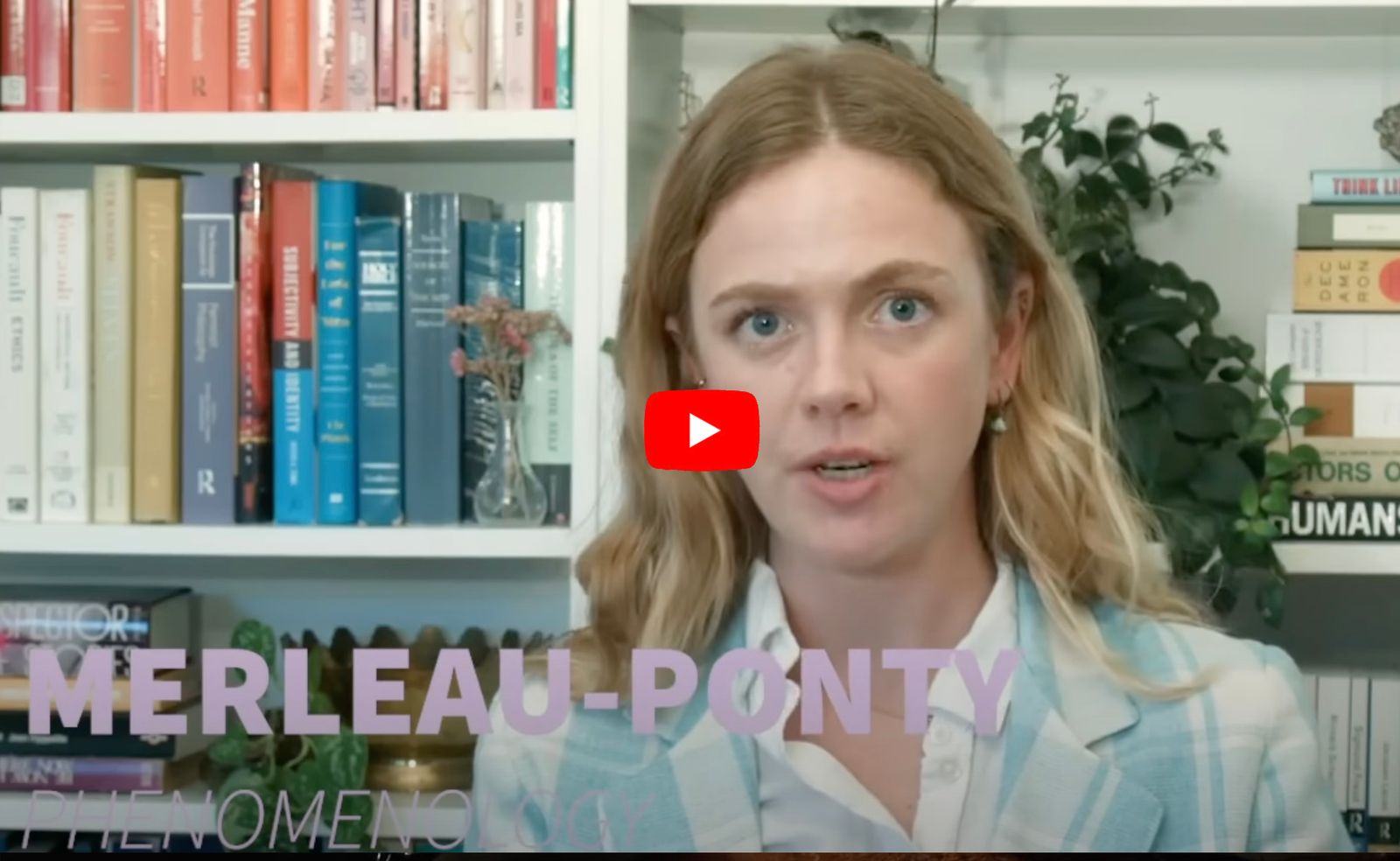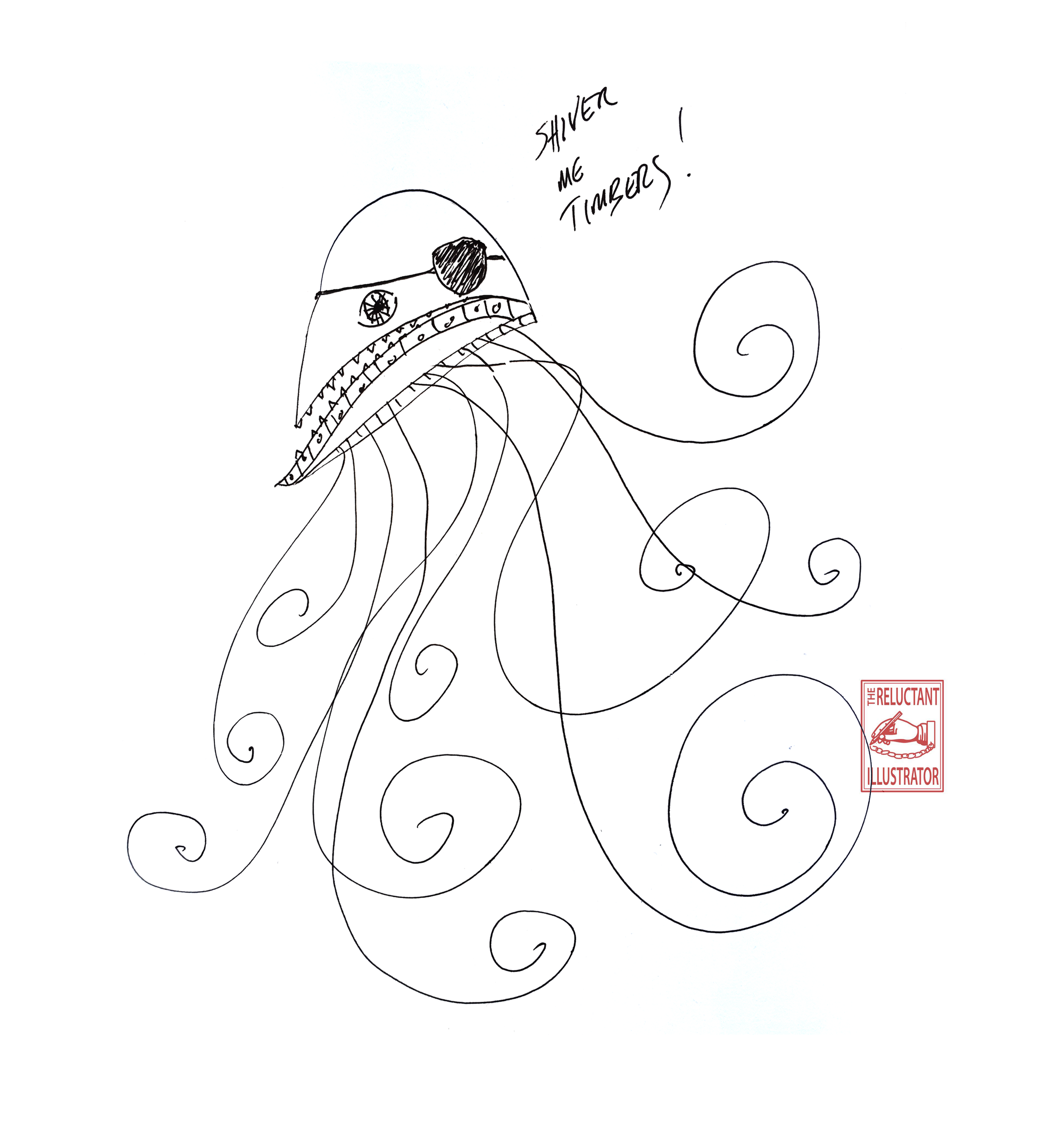we are all dots (and cuttlefish)

Staying with the theme of dots – cuttlefish are masters of the dot. They create colour, pattern and texture with dots in their skin. Cuttlefish embody impressionism at a cellular level – wouldn't it be cool to express ourselves like that?

Mimetic Masters.
Where does agency lie in this domain of the dot? As we see in the video, cells expand and contract, dots change density and shape and patterns magically appear and disappear across the skin. How would a dot know what this choreography should look like?

Is there a kind of volition in the dot? Is there some form of decentralized cell-level crowd-sourced agency at work? A distributed mind? Can the dot know it's playing its part in hypnotizing a crab or emulating a pebble or grain of sand? What hue to choose? How long to hold a pose? So many decisions – or maybe its a kind of dance with their environment, and an embodied expression of it.

The Phenomenology of Perception
Late to the game as always, I came across Phenomenology of Perception by the French philosopher Maurice Merleau-Ponty. It was written in 1945.

From the text intro:
‘We live in an age of tele-presence and virtual reality. The sciences of the mind are finally paying heed to the centrality of body and world. Everything around us drives home the intimacy of perception, action and thought. In this emerging nexus, the work of Merleau Ponty has never been more timely, or had more to teach us . . . The Phenomenology of Perception covers all the bases, from simple perception-action routines to the full Monty of conciousness, reason and the elusive self. Essential reading for anyone who cares about the embodied mind.’
Andy Clark, Professor of Philosophy and Director of the Cognitive Science Program, Indiana University
... and by way of mini synopsis:
"M.M.P is best known for his contention that phenomenology and philosophy in general need to emphasize the living body in order to get away from the problems of mind-body dualism – which to his mind are pseudo-problems – in order to ground philosophy in our lived experience..."
Professor Ellie Anderson, co-host of Overthink philosophy podcast.
Here's her video excerpt:


I'm in the shallow end of all this and I'll be taking some deeper dives – looking forward to hanging out with the cuttlefish!
As always thanks for reading and indulging!
🐙

Member discussion